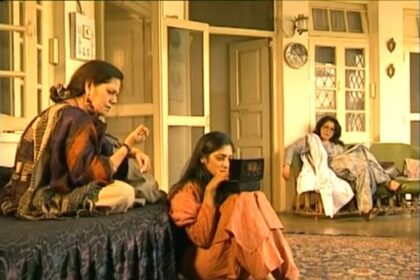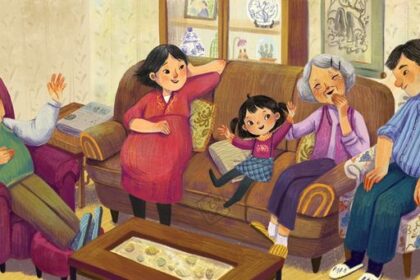In most houses in urban Pakistan today, under one roof live two different worlds, two different opinions, and two different perspectives.
This difference is not just because of age. It is due to differences in exposures and upbringings.
Parents of the Gen Z were raised in a world of strict rules and defined roles. They were taught to be obedient to their parents and never raise a finger to them. Their knowledge of and exposure to the world was limited to what they learnt in school or what their parents taught them. Career options were few and inflexible: doctor, engineer, or lawyer. Anything else was seen as failure or disgrace. They were not allowed to express their opinions. Gender roles were taught differently to them: boys were supposed to study, go out, protect and provide for their family, while girls were to stay home and raise their children. Girls were also taught to stay away from boys and not hang out with them.
Fast forward to 2025, Gen Zs are being raised in a completely different environment — a divide growing inside homes. They have access to the internet, which is the most important factor behind why Gen Zs are drastically different from their parents’ generation. Platforms like Twitter allow them to express their thoughts and opinions freely. They have access to Instagram, where they observe Western people and their ideologies and slowly start to adapt them — because they reflect what they consume.
Gen Zs develop a different perspective on various topics such as religion, identity, and relationships. They live in a whole new world due to the technological revolution, following trends and using slang that are beyond their parents’ understanding. Their outfit styles have completely changed — from a simple shalwar kameez to baggy jeans, cargo pants, streetwear and crop tops. Gen Zs have also become increasingly verbal and are not afraid to speak back to their parents — whether it is about their career choices (which now include a plethora of subjects such as media, fashion design, and graphic design, or even no degree at all) or about their privacy and independence.
Many Gen Z girls are becoming aware of the importance of education and being financially independent and are thus saying no to early marriages. One of the most powerful shifts has been the rise of mental health awareness. They have realised the importance of mental health issues through social media and are more aware of their feelings and behaviours. But because their parents were never exposed to this information, they often dismiss their child’s cry for help mentally as a ‘weakness’. While their parents worry about “log kya sochenge?”, kids care more about what is important to them and how they feel.
Due to this change, parents start thinking their children are becoming too bold or too sensitive. Children, in turn, think their parents have become too controlling. This results in fights and eventually a crack in the family — and an unspoken distance.
Now, it’s not necessary that this widening generation gap is a bad thing. Actually, in many ways, this is pretty important — as kids are now more aware of their rights and boundaries. Due to social media, they have a better knowledge of the world and the type of people living in it. They are more informed, more self-aware, and better equipped to face the modern world.
Yes, social media can be dangerous if misused — endless scrolling and comparison can waste precious time. But if used wisely, it can also educate, empower, and connect.
Parents also need to understand that with time, change is inevitable, and they also need to adapt with it — while still keeping in mind that they are the parents and must not let their kids go down the wrong path. While they have the responsibility to guide their children, they must also make space to listen.
Both parents and children should learn to communicate with one another about how they feel and find the middle ground. Parents should try to learn about the new trends and must be open to new ideas, while children should try their best to listen to their parents and understand that they are coming from a place of love and fear for them.
Two worlds may live under one roof — but with empathy and communication, they don’t have to stay divided.
















